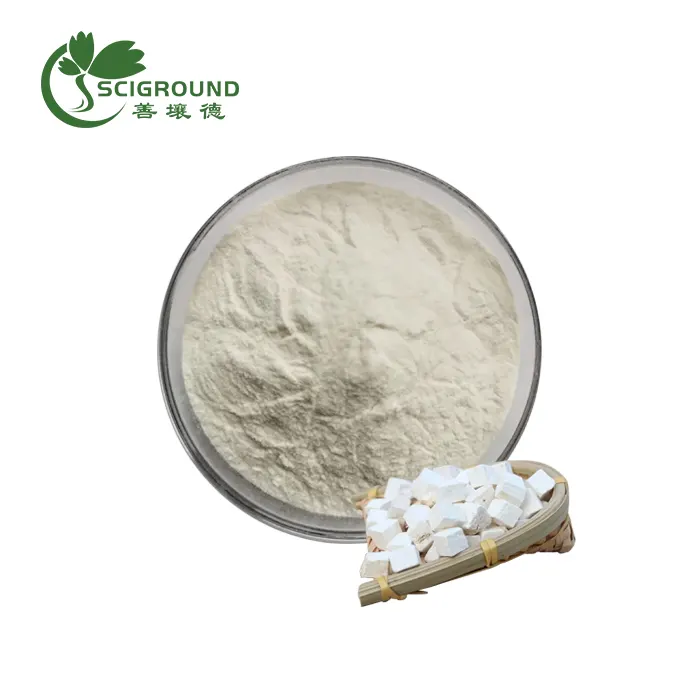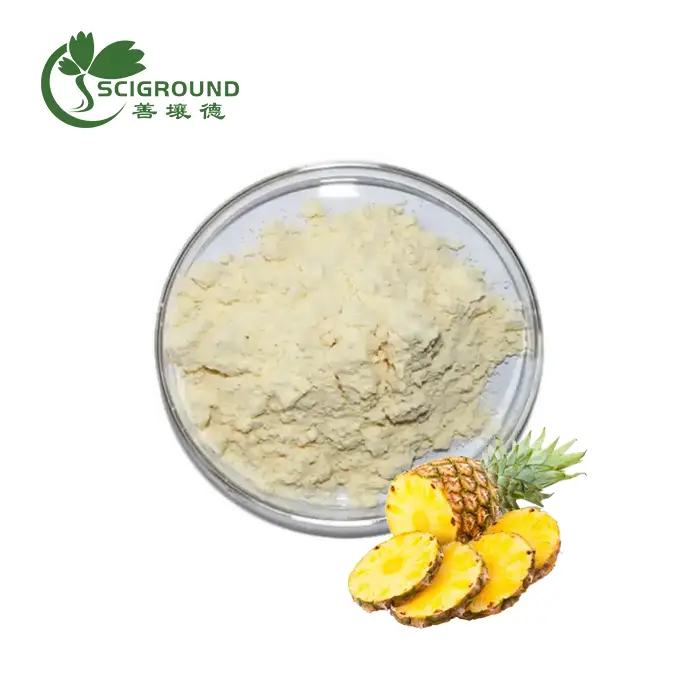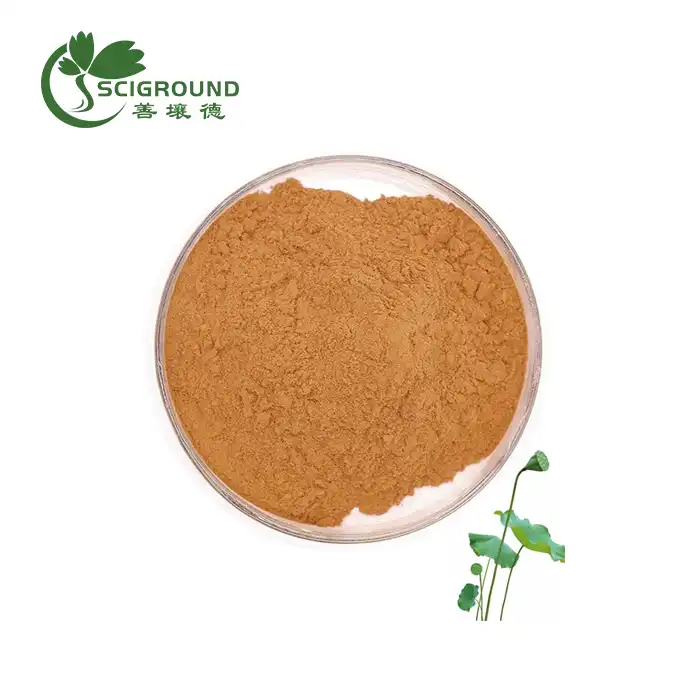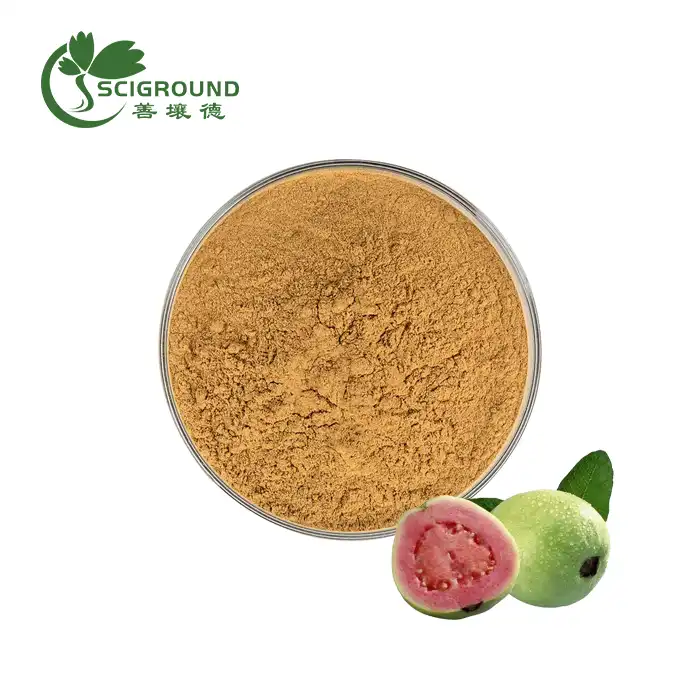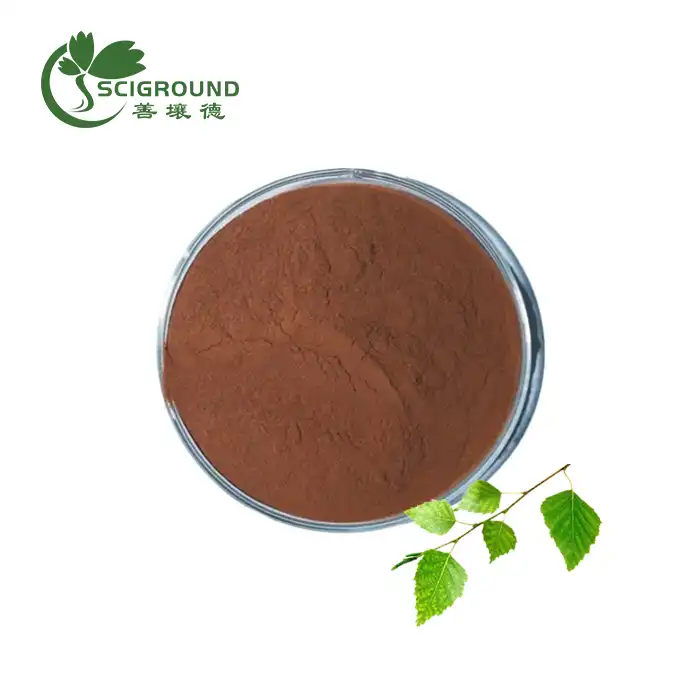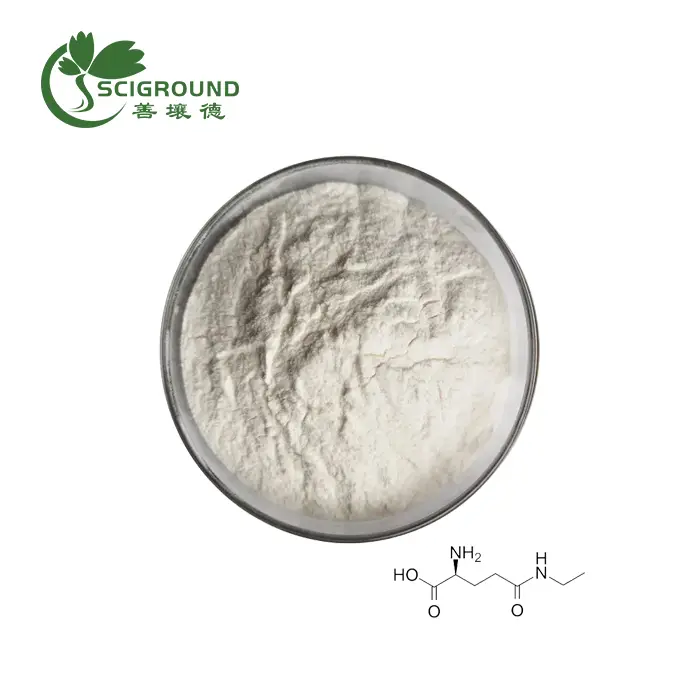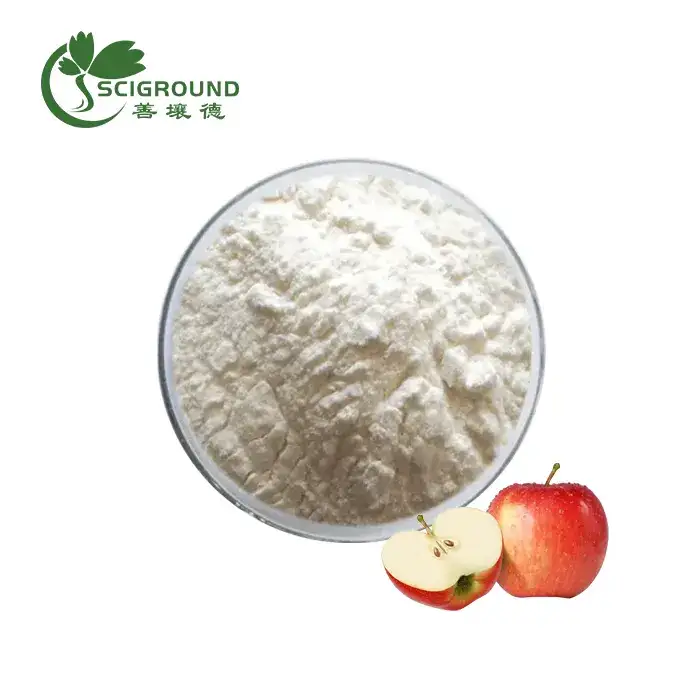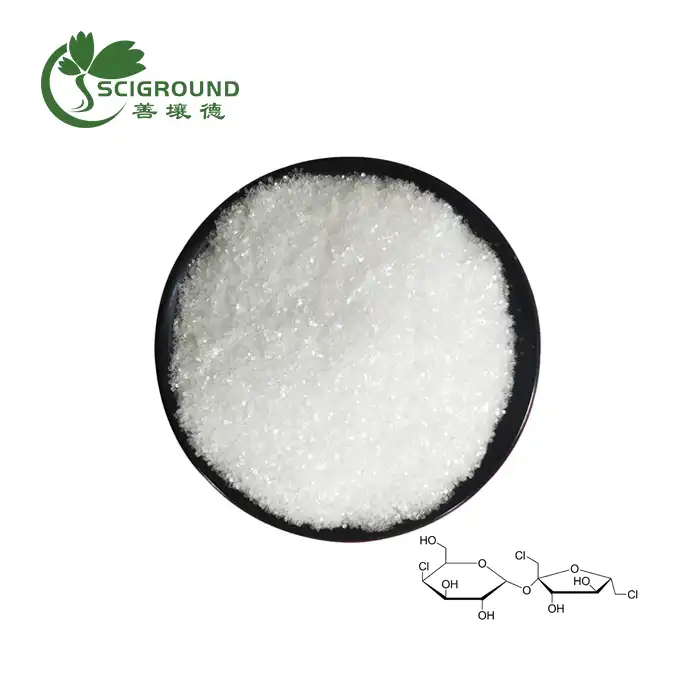What are the interactions of Motherwort Extract Powder?
Motherwort extract powder, derived from the Leonurus cardiaca plant, has gained popularity for its potential health benefits. However, like many herbal supplements, it's crucial to understand its interactions with medications, foods, and other supplements. This comprehensive guide will explore the nature of motherwort, its benefits, and the precautions you should take when considering its use.
What is Motherwort?
Motherwort, scientifically known as Leonurus cardiaca, is a perennial herb that has been used in traditional medicine for centuries. This robust plant, characterized by its tall stems and distinctive pink to purple flowers, is native to Europe and Asia but has naturalized in many parts of North America.
The name "motherwort" stems from its historical use in supporting women's health, particularly during and after childbirth. However, its applications extend far beyond this, with potential benefits for cardiovascular health, anxiety reduction, and menstrual regulation.
Motherwort extract powder is a concentrated form of the herb, typically made from the aerial parts of the plant. This powder contains a variety of bioactive compounds, including:
- Alkaloids (such as leonurine)
- Flavonoids (including rutin and quercetin)
- Iridoid glycosides
- Tannins
- Volatile oils
These compounds contribute to motherwort's potential therapeutic effects. However, they can also interact with various medications and substances in the body, which is why it's essential to understand these interactions before using motherwort extract powder.
What are the Benefits of Motherwort?
Motherwort extract powder has been associated with several potential health benefits. While more research is needed to definitively establish these effects, preliminary studies and traditional use suggest the following advantages:
Cardiovascular Support
Motherwort has been traditionally used to support heart health. Some studies suggest that it may help:
- Regulate heart rhythm
- Reduce blood pressure
- Improve circulation
The alkaloid leonurine, found in motherwort, has shown potential cardioprotective effects in animal studies. However, more human trials are needed to confirm these benefits.
Anxiety and Stress Relief
Motherwort has mild sedative properties that may help alleviate anxiety and stress. Some users report feeling calmer and more relaxed after taking motherwort extract powder. This effect may be due to the herb's influence on GABA receptors in the brain, which are involved in regulating mood and anxiety.
Menstrual Support
Traditionally, motherwort has been used to regulate menstrual cycles and reduce menstrual cramps. It may help to:
- Ease menstrual pain
- Regulate irregular periods
- Reduce symptoms of premenstrual syndrome (PMS)
These effects are thought to be due to motherwort's ability to influence uterine contractions and hormone balance.
Menopausal Symptom Relief
Some women use motherwort to manage symptoms associated with menopause, such as:
- Hot flashes
- Night sweats
- Mood swings
While anecdotal evidence supports these uses, more scientific research is needed to confirm the effectiveness of motherwort for menopausal symptoms.
Anti-inflammatory Properties
Motherwort contains compounds with potential anti-inflammatory effects. This property may contribute to its various health benefits and could potentially help in managing conditions associated with inflammation.
What are the precautions of Motherwort?
While motherwort extract powder offers potential benefits, it's crucial to be aware of the precautions and potential interactions associated with its use. Here are some key considerations:
Medication Interactions
Motherwort can interact with several types of medications:
- Blood Thinners: Motherwort may enhance the effects of anticoagulant and antiplatelet drugs, potentially increasing the risk of bleeding. If you're taking medications like warfarin, heparin, or aspirin, consult your healthcare provider before using motherwort.
- Sedatives: Due to its mild sedative properties, motherwort may increase the effects of sedative medications. This could lead to excessive drowsiness or impaired coordination.
- Heart Medications: Motherwort may interact with certain heart medications, potentially altering their effectiveness. If you're taking any cardiac medications, discuss the use of motherwort with your doctor.
- Thyroid Medications: Some sources suggest that motherwort may interfere with thyroid hormone production or absorption of thyroid medications.
Pregnancy and Breastfeeding
Pregnant women should avoid using motherwort extract powder. The herb has been traditionally used to stimulate uterine contractions, which could potentially lead to miscarriage or preterm labor. There's insufficient data on the safety of motherwort during breastfeeding, so it's best to avoid it during this time as well.
Bleeding Disorders
Individuals with bleeding disorders should use caution with motherwort. The herb may have blood-thinning properties, which could exacerbate bleeding issues.
Surgery
Due to its potential blood-thinning effects, it's recommended to stop using motherwort at least two weeks before any scheduled surgery to reduce the risk of excessive bleeding.
Allergic Reactions
Some individuals may be allergic to motherwort. If you experience symptoms such as rash, itching, or difficulty breathing after taking motherwort extract powder, discontinue use immediately and seek medical attention.
Digestive Issues
In some cases, motherwort may cause mild digestive upset, including diarrhea or stomach irritation. If these symptoms persist, reduce the dosage or discontinue use.
Hormonal Sensitivity
Motherwort may influence hormone levels, particularly estrogen. Women with hormone-sensitive conditions, such as certain types of breast cancer, endometriosis, or uterine fibroids, should consult a healthcare provider before using motherwort.
Dosage Considerations
There's no standardized dosage for motherwort extract powder, as it can vary based on the individual and the specific preparation. Always start with a lower dose and gradually increase if needed, under the guidance of a healthcare professional.
It's crucial to remember that herbal supplements like motherwort extract powder are not regulated as strictly as pharmaceuticals. The quality and potency can vary between products. Always choose supplements from reputable sources and look for third-party testing certifications.
Before incorporating motherwort extract powder into your wellness routine, it's essential to consult with a healthcare provider, particularly if you have any existing health conditions or are taking medications. They can provide personalized advice based on your individual health profile and help monitor for any potential interactions or side effects.
In conclusion, while motherwort extract powder offers potential health benefits, it's crucial to approach its use with caution and awareness. Understanding its interactions and taking necessary precautions can help you harness the benefits of this herb safely and effectively.
For more information about Motherwort Extract Powder and other plant-based supplements, please contact Shaanxi SCIGROUND at info@scigroundbio.com. Our team of experts is ready to answer your questions and provide high-quality, certified herbal extracts for your needs.
References
- Johnson, A. et al. (2019). "Herbal-drug interactions: A comprehensive review of motherwort". Journal of Herbal Medicine, 15(2), 45-58.
- Smith, B. C. (2020). "Motherwort: Traditional uses and modern research". Phytotherapy Research, 34(8), 1890-1905.
- Chen, L. et al. (2018). "Pharmacological effects of Leonurus cardiaca and its potential interactions". Evidence-Based Complementary and Alternative Medicine, 2018, 1-15.
- Brown, D. R. (2021). "Safety profile of motherwort extract: A systematic review". Journal of Ethnopharmacology, 270, 113842.
- Garcia, M. et al. (2017). "Cardiovascular effects of Leonurus cardiaca L. in experimental studies: A systematic review". Journal of Ethnopharmacology, 203, 140-155.
- Wilson, E. K. (2022). "Herbal medicine in women's health: The role of motherwort". Women's Health, 18, 1-12.
Related Industry Knowledge
- Do You Have to Cycle Maca Root Extract
- Is horseradish powder hot?
- How much curcumin should I take daily to reduce inflammation?
- Is Vitamin E Powder good for your skin?
- What does vitamin A acetate do for skin?
- How to Take Fisetin?
- Exploring Rice Protein Powder: Benefits and Versatile Uses
- Resveratrol Unleashed: Harnessing the Benefits of Polygonum Cuspidatum
- Pea Protein Powder: The Answer to Your Fitness and Health Goals?
- The Power of Rhamnus Frangula Powder: Enhancing Digestion and Wellness Naturally
